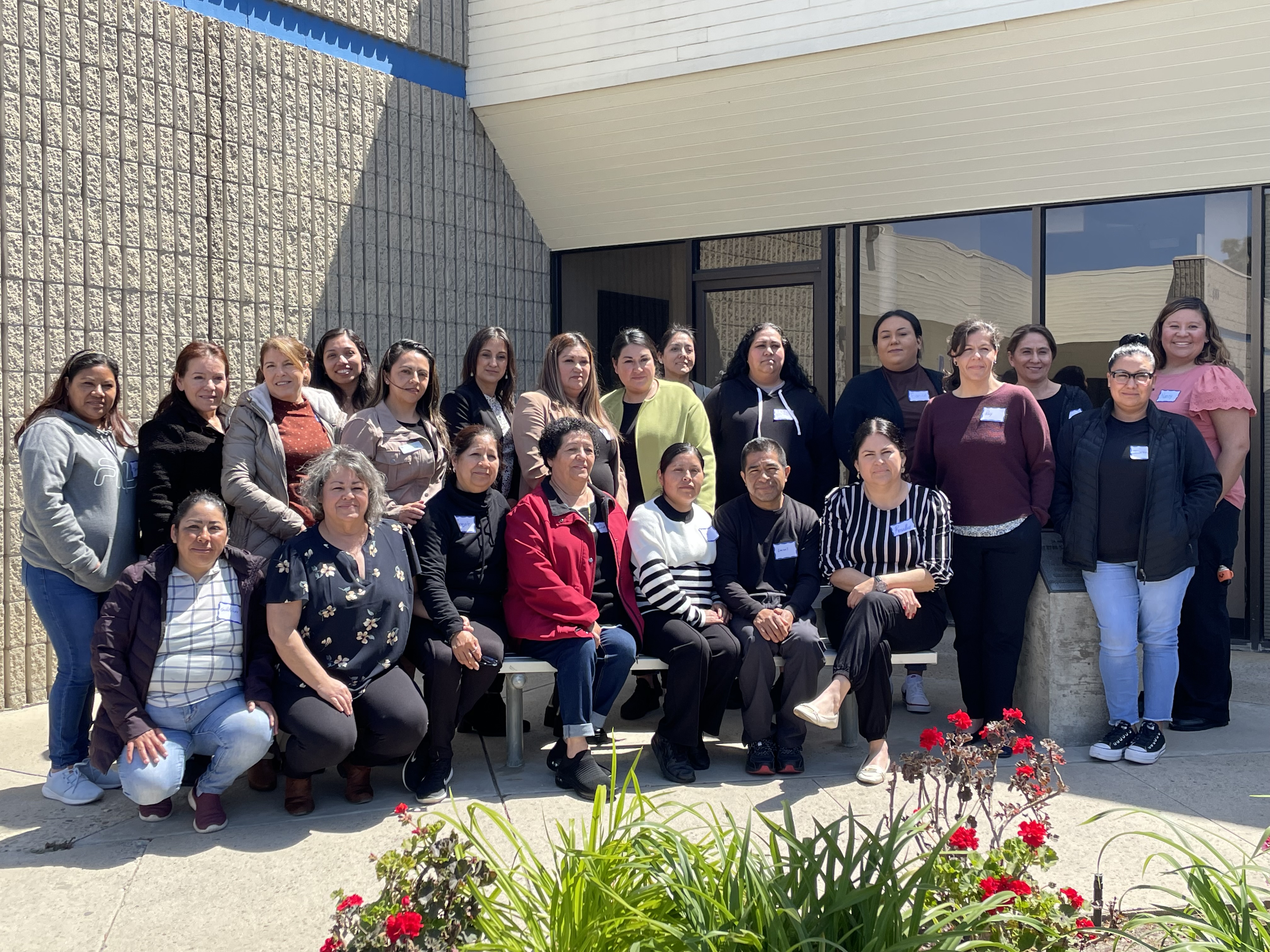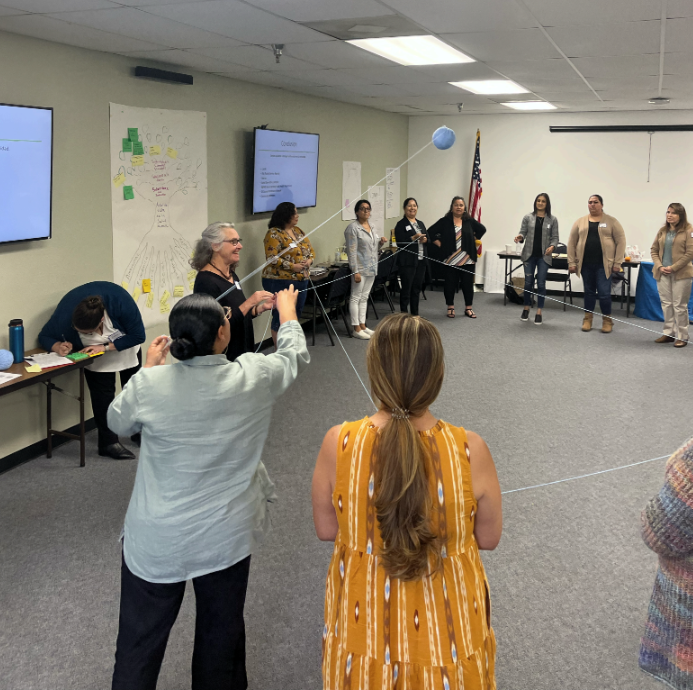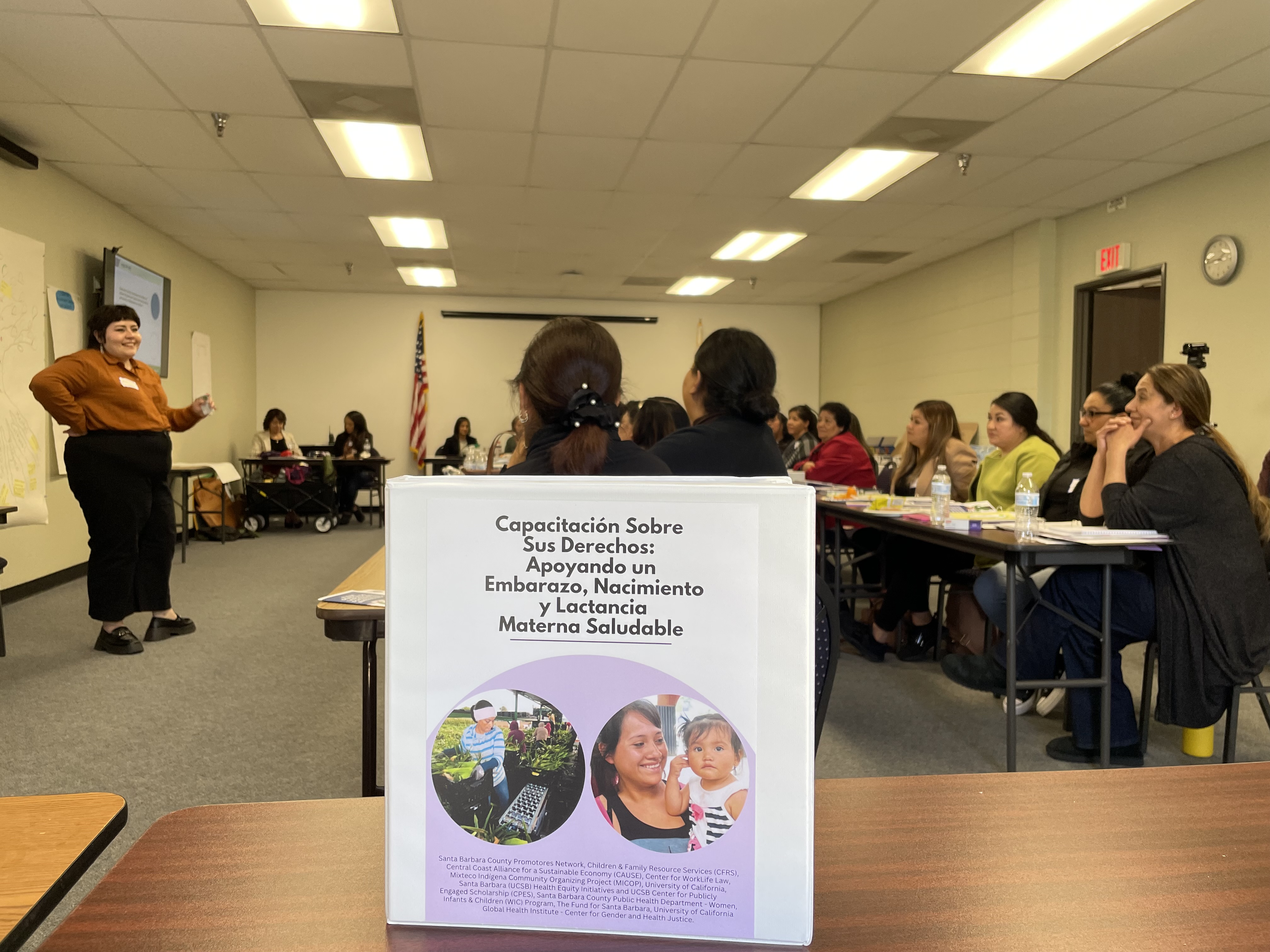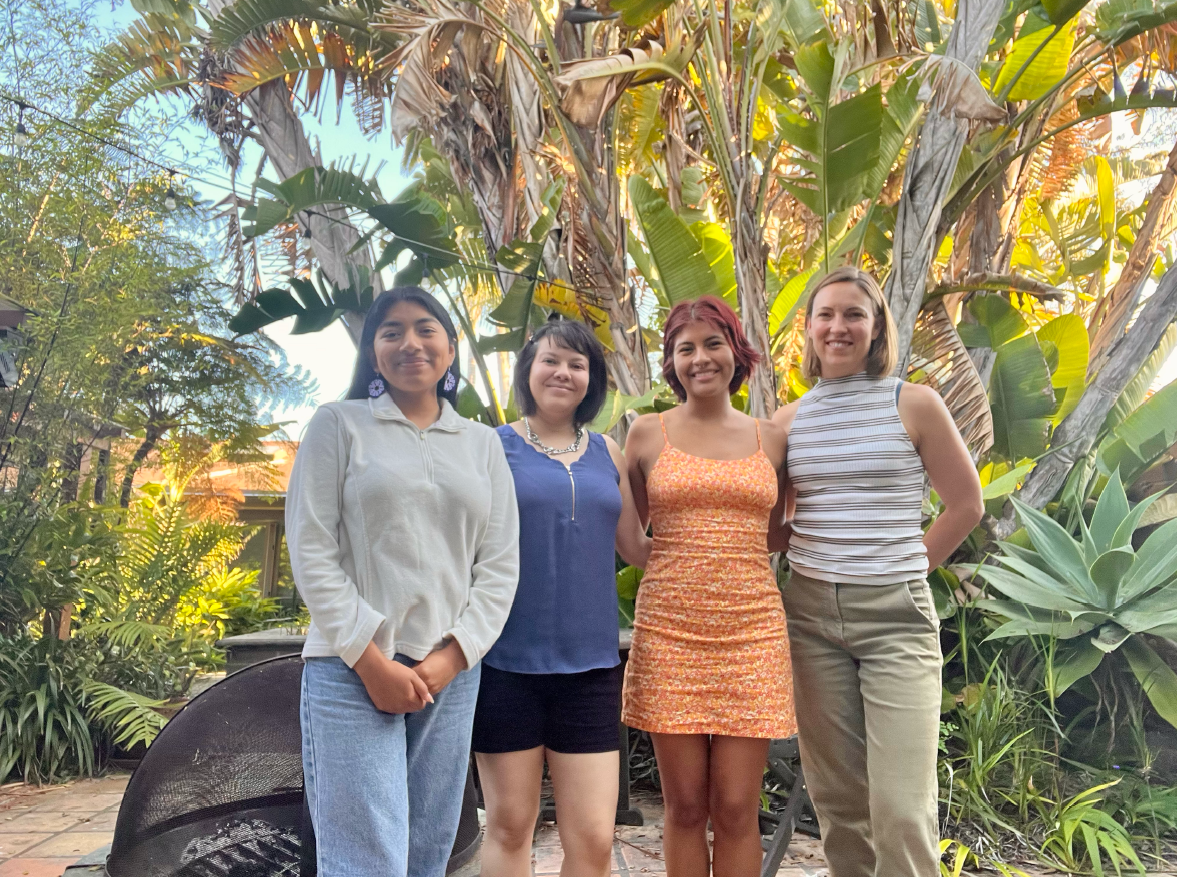
In the heart of Santa Barbara County’s vast agricultural landscape, pregnant farmworkers face myriad perinatal health risks. The urgency of ensuring equitable access to workplace accommodations and leave for these women resonates deeply within the community. Two organizations—The Center for WorkLife Law (WLL) and the Central Coast Alliance United for a Sustainable Economy (CAUSE)—stand at the forefront of efforts to confront this challenge as co-leads of the Dar a Luz project.
Pregnant and postpartum farmworkers encounter numerous occupational hazards, including pesticide exposure, heat, falls, and heavy lifting. These hazards often lead to poor birth outcomes and long-term health issues for both mother and child. A UC Berkeley study confirms the correlation between maternal exposure to pesticides and children’s cognitive development. The American College of Obstetricians and Gynecologists, the California Employment Development Department, and California’s Office of Environmental Health Hazard Assessment all recommend that clinicians evaluate pregnant farmworkers facing occupational hazards, and provide information on accommodations and perinatal disability leave. Still, pregnant and breastfeeding farmworkers confront difficulties in accessing leave and workplace accommodations.
Over the past two years, UC Santa Barbara (UCSB) and the UC Global Health Institute’s Center for Gender and Health Justice (CGHJ) have joined forces with Dar a Luz to harness the power of community-based participatory research (CBPR) to address this issue. A multidisciplinary team of faculty and students from UCSB, UCLA, and UCB work together on the project, with the impetus of a UCSB seminar on Health and Social Justice. Baljot Chahal, a former UCSB undergraduate who worked on this project, found “… meaning in the collaboration across multiple teams to protect new mothers and their babies from environmental and occupational hazards.”
For Melissa Smith, M.D., who leads the seminar and co-leads the associated CGHJ internship program with Stephanie Sumstine-Felice,“…it is a privilege to work in collaboration with community partners, channeling the resources of the university and student passion and expertise to promote health and social justice efforts in our region.” Students also participate through an independent study research seminar with the Center for Publicly Engaged Scholarship. Guided by health equity principles, students engage in a range of activities: producing resources for community-based Know Your Rights (KYR) training; conducting literature reviews for community-engaged research efforts. A recent KYR training was held for the Santa Barbara County Promotores Network (SBCPN), and staff from local organizations who work with farmworkers, all of whom learned about the perinatal health risks of pesticides, rights to perinatal disability leave and accommodations, and resources to assist pregnant farmworkers.


The training was a collaborative effort among the Dar a Luz co-leads from WorkLife Law and CAUSE, the Santa Barbara County Promotores Network (part of Children and Family Resource Services), the UCGHI Center for Gender and Health Justice, and the Santa Barbara County Public Health Department.
Students participating in these seminars supported the KYR training in many ways. Kimberly Brouard said this about the experience:
"…[it] really showed me the power and impact that a community-led outreach program can have. To see the process from hearing the needs of the promotores, to gathering resources and connections that we are privileged to have from the university, to actually seeing the training in action and their impact was truly a beautiful experience."
Daniella Lee, another student, said: “...I observed the remarkable effectiveness and power in collaborating with key community stakeholders.”
Following the training, SBCPN Promotores participated in over 1,000 community outreach activities; and a UC student team carried out an evaluation of the impact and rationale for replication elsewhere. The evaluation found that female farmworkers experience a range of serious workplace safety risks that can impact their perinatal health and that they rarely receive information from doctors about those risks. These women want more support from doctors and clinics to access paid and unpaid leave during the perinatal period, and more information on their rights to perinatal workplace accommodations. Further, the report found that farmworkers experience multiple forms of discrimination in the health system, and face work-place retaliation when they seek remedies. Amelia Reese Masterson, a doctoral student at UCLA Fielding School of Public Health, led the evaluation team:
“It was deeply meaningful to be part of a group of committed, knowledgeable, and empathic colleagues using their skills to make sure farmworker women's rights are respected in the healthcare system, by policymakers, and out in the fields.”

